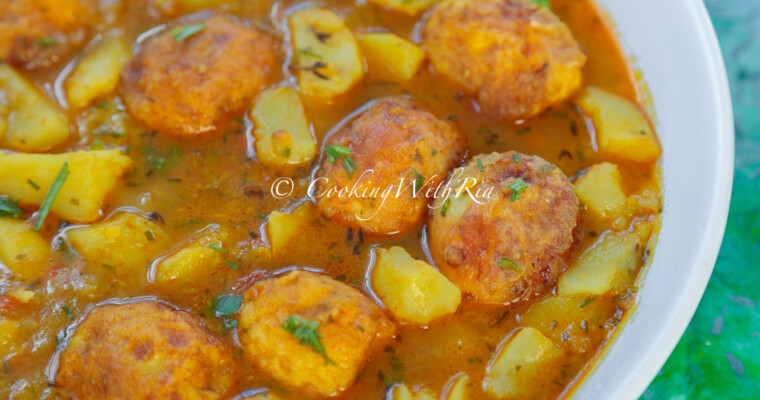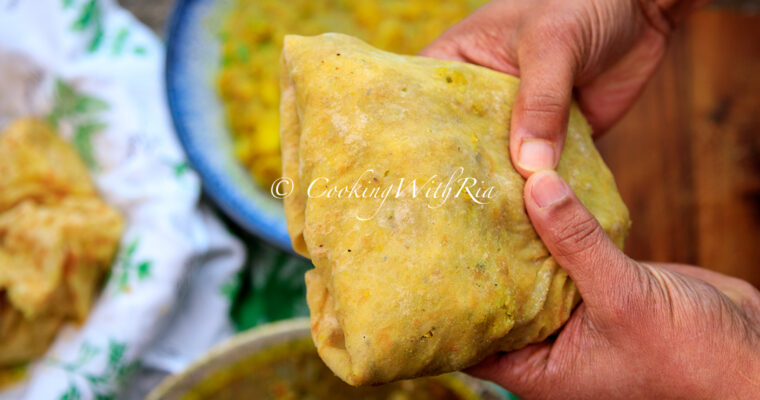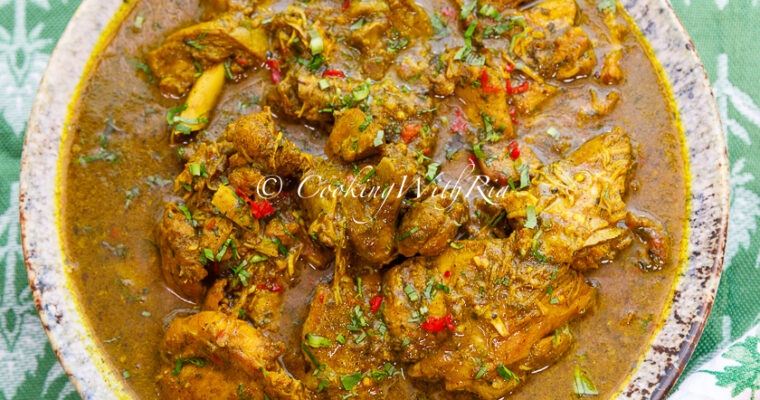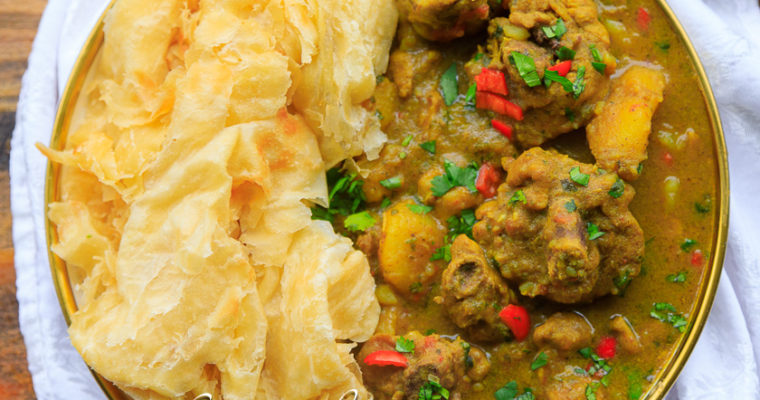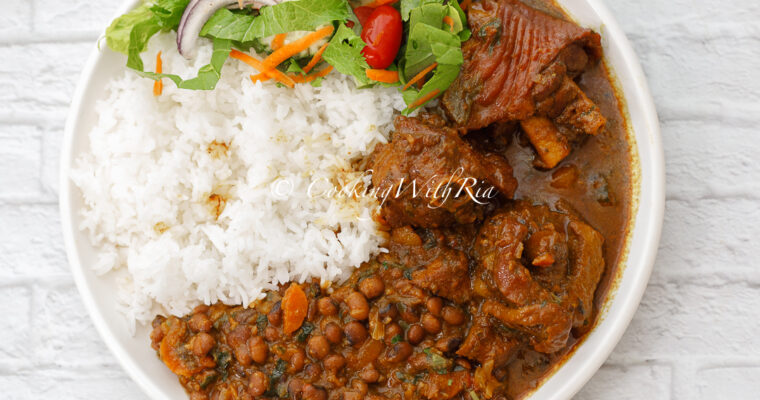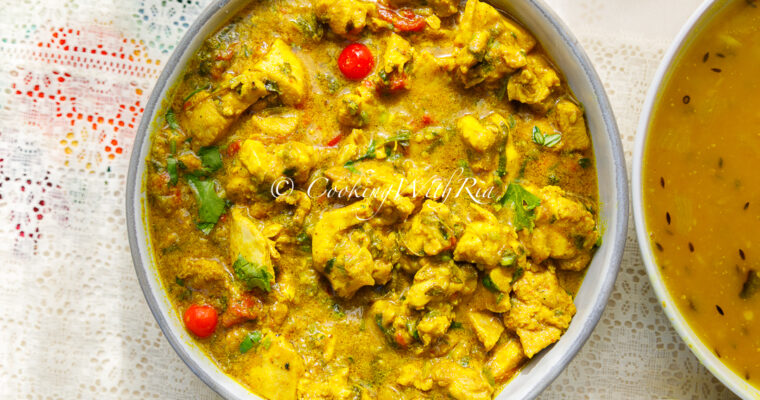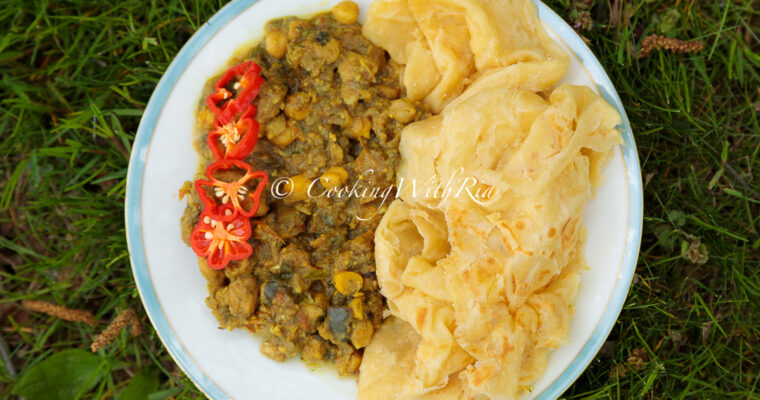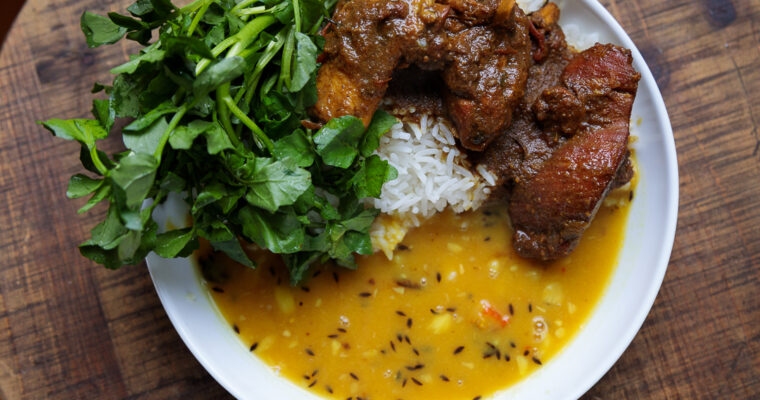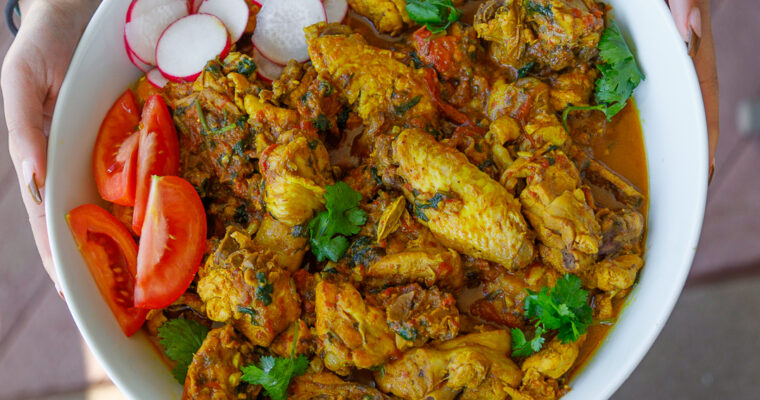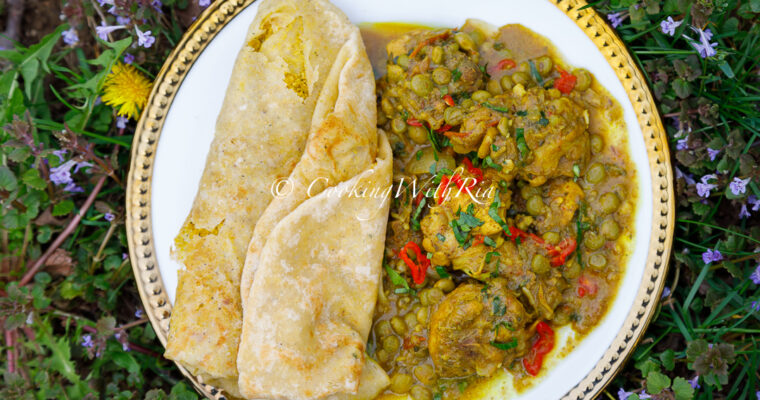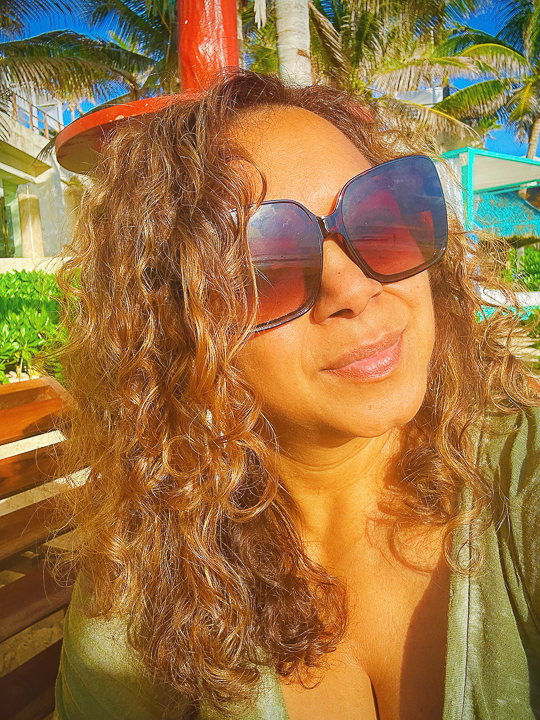Trinidad and Tobago is a multicultural nation that celebrates a wide variety of religious, cultural, and national holidays. Each holiday reflects the island’s diverse heritage, drawing from its African, Indian, European, and indigenous influences. Here’s a look at some of the major holidays celebrated in Trinidad and Tobago:
1. New Year’s Day (January 1st)
New Year’s Day marks the start of the calendar year and is celebrated with parties, fireworks, and social gatherings. Trinidadians often observe the day by attending church services and making resolutions for the coming year. This holiday is part of global tradition, but in Trinidad, it takes on a uniquely festive Caribbean flavor, especially as it leads into the Carnival season.
2. Carnival (Dates Vary: February or March)
Carnival is Trinidad and Tobago’s most famous celebration, known worldwide for its vibrant costumes, energetic music, and street parades. While the celebration culminates on the Monday and Tuesday before Ash Wednesday, the lead-up events, including Panorama (steelpan competition), Calypso Monarch, and Soca Monarch competitions, start weeks earlier. Carnival has roots in French Catholic traditions but evolved to include African, Indian, and Caribbean elements, making it one of the most colorful and energetic festivals in the world. The festival has a long history of embracing freedom and resistance, dating back to the days of slavery when enslaved Africans used it as an outlet for expression and rebellion.
3. Shouter Baptist Liberation Day (March 30th)
This unique holiday honors the Spiritual Baptists, a religious group in Trinidad and Tobago that was persecuted for many years under colonial law. In 1917, the British colonial government passed the Shouter Prohibition Ordinance, banning Spiritual Baptist practices. After a long struggle, the ban was lifted in 1951, and in 1996, Shouter Baptist Liberation Day was declared a public holiday to honor the community’s resilience. The day is marked with church services and celebrations within the Baptist community.
4. Good Friday and Easter Monday (Dates Vary)
As a predominantly Christian country, Trinidad and Tobago observes both Good Friday and Easter Monday as public holidays. Good Friday commemorates the crucifixion of Jesus Christ, while Easter Monday is celebrated as the day after Christ’s resurrection. Religious services, especially in Catholic and Anglican churches, are central to the observance, with many citizens attending Mass and reflecting on the religious significance of the holiday. Easter Monday is a more festive day, often marked with family outings and beach trips.
5. Indian Arrival Day (May 30th)
Indian Arrival Day commemorates the arrival of the first Indian indentured laborers in Trinidad in 1845 aboard the ship Fatel Razack. It is a significant holiday for the Indo-Trinidadian community, marking the cultural and economic contributions of Indians to the nation. The holiday is celebrated with cultural shows, traditional Indian music, dance, and culinary events. It highlights the preservation of Indian customs, such as Divali and Phagwa, and is a time to reflect on the struggles and achievements of Indian ancestors in Trinidad.
6. Corpus Christi (Dates Vary: May or June)
Corpus Christi, a Roman Catholic feast, is celebrated 60 days after Easter Sunday. It honors the Eucharist and the belief in the real presence of Christ in the Blessed Sacrament. In Trinidad, Catholics hold processions and attend special church services. It’s also a day when many citizens begin planting crops, believing that anything planted on this day will grow abundantly.
7. Labour Day (June 19th)
Labour Day in Trinidad and Tobago commemorates the struggles and achievements of the labor movement. The holiday marks the anniversary of the 1937 Butler Oilfield Riots, led by Tubal Uriah “Buzz” Butler, who advocated for workers’ rights, particularly in the oil and sugar industries. The holiday is celebrated with marches, speeches, and events that highlight the importance of workers’ rights and social justice.
8. Emancipation Day (August 1st)
Emancipation Day celebrates the end of slavery in the British colonies in 1834, with full freedom granted in 1838. It is a day of great importance to the Afro-Trinidadian community, honoring the resilience, culture, and contributions of African descendants. Trinidad and Tobago became the first country in the world to declare Emancipation Day a national holiday in 1985. The day is marked by parades, cultural shows, and exhibitions showcasing African traditions such as drumming, dance, and storytelling.
9. Independence Day (August 31st)
Independence Day celebrates Trinidad and Tobago’s independence from Britain, achieved on August 31, 1962. The day is marked with military parades, flag-raising ceremonies, and cultural events. Citizens reflect on the achievements of the nation, its journey to independence, and its leaders like Dr. Eric Williams, the country’s first Prime Minister. Fireworks displays and public speeches are common, along with festivities celebrating the nation’s multicultural heritage.
10. Republic Day (September 24th)
Trinidad and Tobago became a republic on September 24, 1976, severing its final constitutional ties with the British monarchy. Republic Day is a public holiday that celebrates the country’s status as a sovereign republic with its own President as the head of state. The holiday is marked with cultural events, public speeches, and national pride in the country’s democratic governance.
11. Divali (Dates Vary: October or November)
Divali, the Hindu Festival of Lights, is one of Trinidad’s most widely celebrated religious holidays. It commemorates the victory of light over darkness and good over evil, and it honors Lakshmi, the goddess of wealth and prosperity. The celebration involves lighting small oil lamps called diyas, decorating homes, and performing pujas (prayer rituals). In communities across the island, Divali Nagar, a cultural exposition, attracts large crowds who gather to enjoy performances, traditional food, and the lighting of thousands of diyas.
12. Christmas Day (December 25th)
Christmas is a major Christian holiday celebrated across the island with religious services, family gatherings, and feasts. In Trinidad, Christmas also features local traditions like the Parang music season, where groups go door-to-door serenading families with Spanish-influenced Christmas songs. The day is festive and filled with joy, as families exchange gifts, share meals, and attend church services.
13. Boxing Day (December 26th)
Boxing Day, observed the day after Christmas, is a public holiday in Trinidad and Tobago. It is a time for relaxing after the Christmas festivities, often spent with family and friends. The holiday originated in Britain as a day when servants and the less fortunate would receive gifts, or “boxes,” from their employers, though today it is mostly a day of leisure.
Trinidad and Tobago’s holidays reflect the diverse cultural and religious heritage of the nation. From the vibrant, internationally renowned Carnival to the deeply spiritual observances of Divali and Good Friday, these celebrations offer a unique glimpse into the soul of the nation. Each holiday holds historical and cultural significance, fostering unity and pride among the people of Trinidad and Tobago.
References
- National Library and Information System Authority of Trinidad and Tobago (NALIS)
- Ministry of Community Development, Culture, and the Arts (Trinidad and Tobago)
- The History of Emancipation in Trinidad & Tobago.

